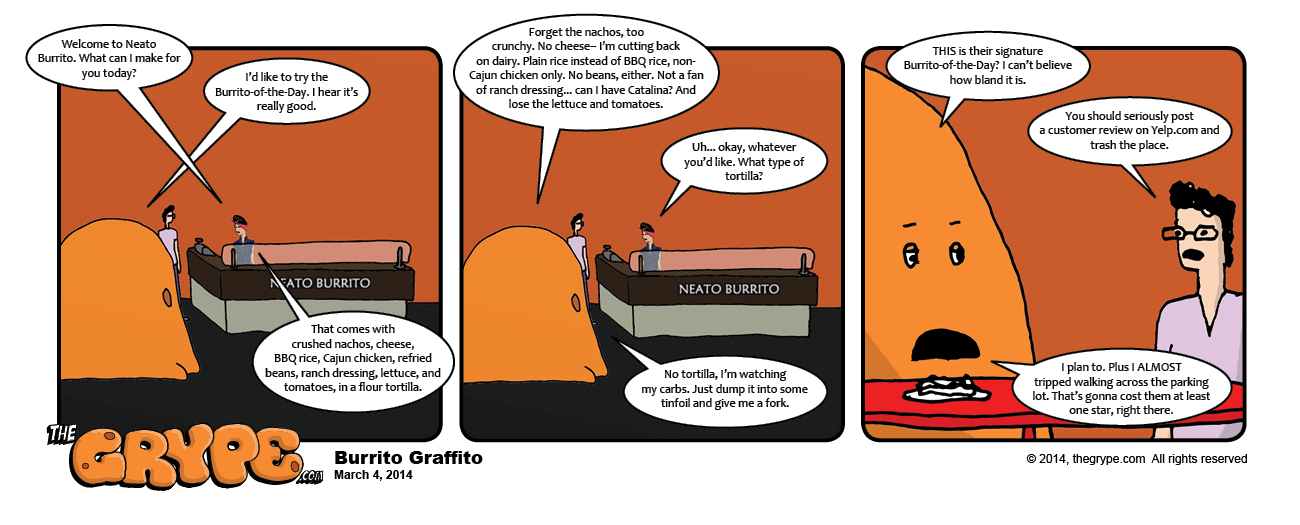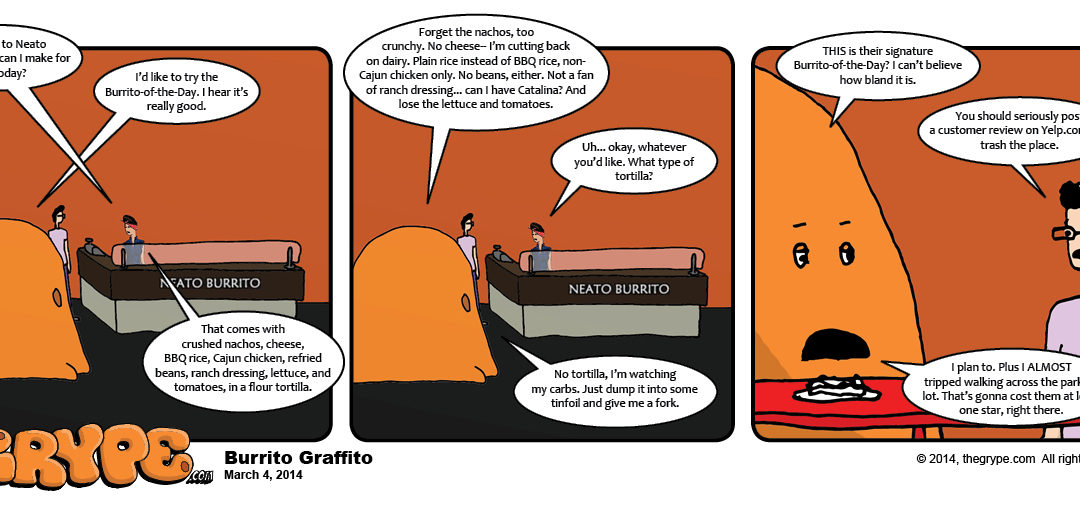 In the last few years (since the various developments of the optimistically-labeled “Arab Spring”) there’s been much online chatter about a similar “American Spring”— i.e, the potential for disgruntled American citizens to overthrow their own government and effect an internal “regime change.” Otherwise diametrically-opposed Tea Party activists and radical Left agitators seem to agree on one thing: that the ruling body of the United States government should be dumped in favor of something new: government by they, themselves, who (according to their self-important pronouncements) know how best to run our country. Libertarians have been grumbling similarly for decades. But could it happen?
In the last few years (since the various developments of the optimistically-labeled “Arab Spring”) there’s been much online chatter about a similar “American Spring”— i.e, the potential for disgruntled American citizens to overthrow their own government and effect an internal “regime change.” Otherwise diametrically-opposed Tea Party activists and radical Left agitators seem to agree on one thing: that the ruling body of the United States government should be dumped in favor of something new: government by they, themselves, who (according to their self-important pronouncements) know how best to run our country. Libertarians have been grumbling similarly for decades. But could it happen?
In truth, the biggest hurdle against such an occurrence is the extremely high risk of international interference in any attempted violent revolutionary uprising. That has been a factor in every national uprising since the 17th century. Whereas the United Nations is toothless when it comes to internal political unrest in the USA, the multinational corporations in place who stand to benefit most from the continuance of the status quo would have no qualms about exerting massive economic pressure in favor of the present establishment, which they support.
Nor could an uprising USA citizenry— that’s assuming it was a majority action— successfully appeal to a higher power beyond American borders for aid, be it financial or military (as happens every time a Middle Eastern Regime is overthrown or a Central European country stages a people’s revolution). All such regime-busting revolutionaries immediately appeal to the Superpowers for aid. To what superpower would the American citizenry appeal? Any such invitation to an external power would be 1) high treason and 2) an invitation for foreign powers to invade US soil. Neither one of which falls into the category of “a good idea.”
The only way a second American revolution could work is if the standing military could be inspired to stop taking (supposedly “unlawful”) executive orders and install a replacement civilian government— in other words, a coup d’etat. That’s what most would-be American revolutionaries envision happening, with their buddies winding up ensconced at the top. Except! The only civilian powers behind the military who could make that happen are wholehearted supporters of the military-industrial complex— and already part of the CURRENT plutocracy-in-residence.
Historically such an attempt was already made in 1861 (that whole “Civil War” thingy), back before rising industry could consolidate its position in government power, at a time when agrarian economic power could still afford to field an independent military force. But corporate industry has come a long way since then, so that gap was closed a hundred years ago.
I suspect that if a revolutionary change were to occur in America, it would have to be something else. A combined economic revolt (stop buying centralized products and feeding the bosses) combined with a massive take-back of media control (ratings-killing boycotts of centralized media outlets) and non-violent protests focused on breaking economic monopolies, broadcast globally before the watchful eyes of the world. That might monetarily pressure an overhaul of the system, forcing the new breed of corporate corruption out of government channels (hopefully without inspiring a mass-media-black-out/violent-police-repression of the whole thing).
We’re not Libya or the Ukraine. Our government has spent the 150 years since our last Civil War arranging things so that it can never happen again in that way. I might therefore conclude American revolution is an impossibility, except new communications tools and the massive, never-before-seen personal freedom and power of the American citizenry are both real game-changers. Consumer power is economic power— the major weakness of any parasite (or corporate business complex) is that it relies upon the host (consumer) to stay alive. If the host stops feeding it, it must release its hold lest it shrivel up and die.
There’s a LOT of power in the hands of the consumer collective; more than any other proletariat class has ever wielded in history. More than the French peasantry in 1789, more than the Russian Bolsheviks in 1917. The power held by American consumers is like unto that of the Roman mob in 45 AD… and the wrath of the Roman mob was the ONLY thing fearful enough to terrify the Roman Senate, and give the Emperor nightmares.
So… there are other options than torches and muskets.

